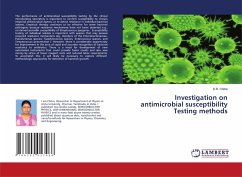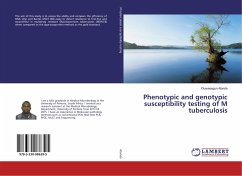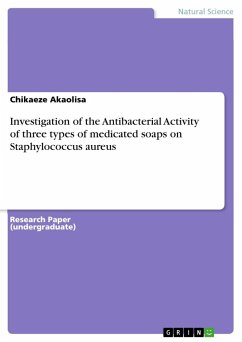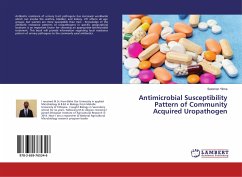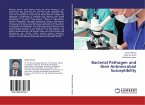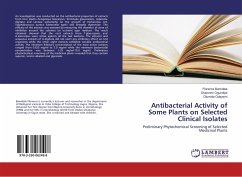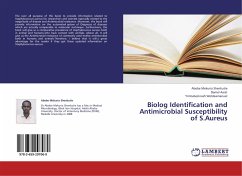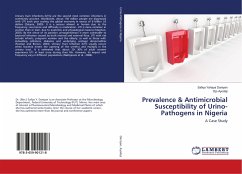The performance of antimicrobial susceptibility testing by the clinical microbiology laboratory is important to confirm susceptibility to chosen empirical antimicrobial agents, or to detect resistance in individual bacterial isolates. Empirical therapy continues to be effective for some bacterial pathogens because resistance mechanisms have not been observed e.g., continued penicillin susceptibility of Streptococcus pyogenes . Susceptibility testing of individual isolates is important with species that may possess acquired resistance mechanisms (eg, members of the Enterobacteriaceae, Pseudomonas species, Staphylococcus species, Enterococcus species, and Streptococcus pneumoniae ). However, there is considerable opportunity for improvement in the area of rapid and accurate recognition of bacterial resistance to antibiotics. There is a need for development of new automated instruments that could provide faster results and also save money by virtue of lower reagent costs and reducedlabor requirements. To accomplish this, it will likely be necessary to explore different methodologic approaches for detection of bacterial growth.
Bitte wählen Sie Ihr Anliegen aus.
Rechnungen
Retourenschein anfordern
Bestellstatus
Storno

